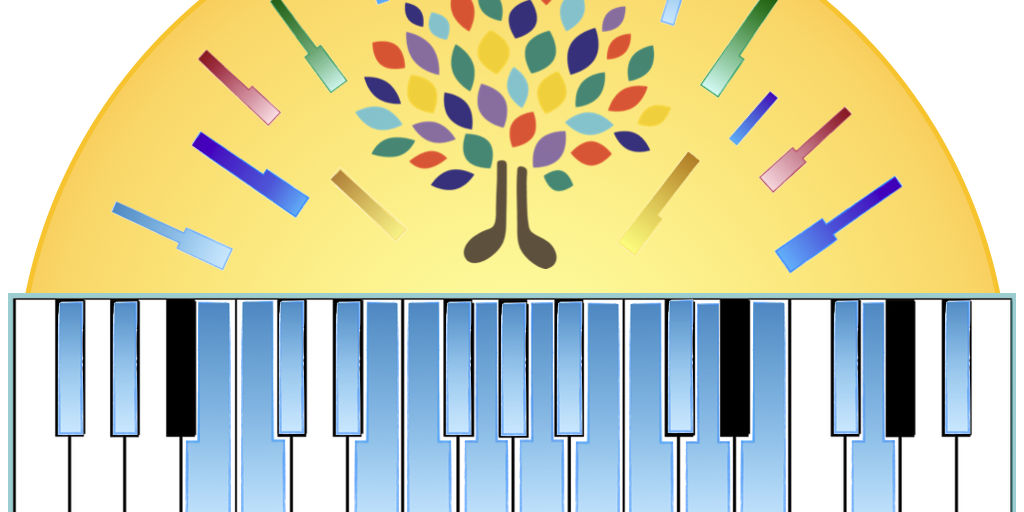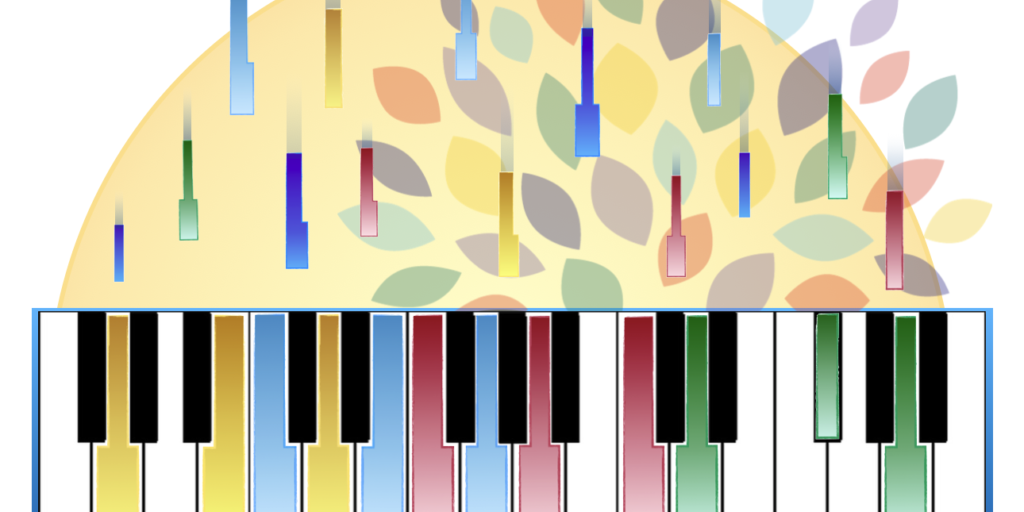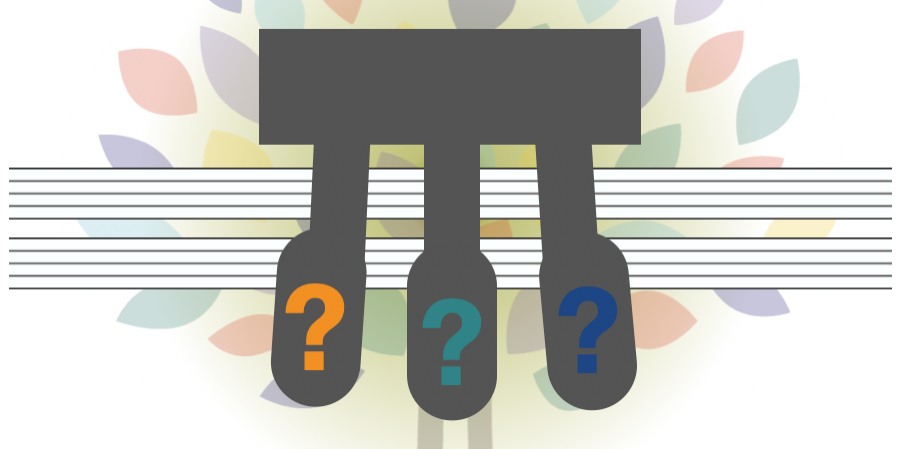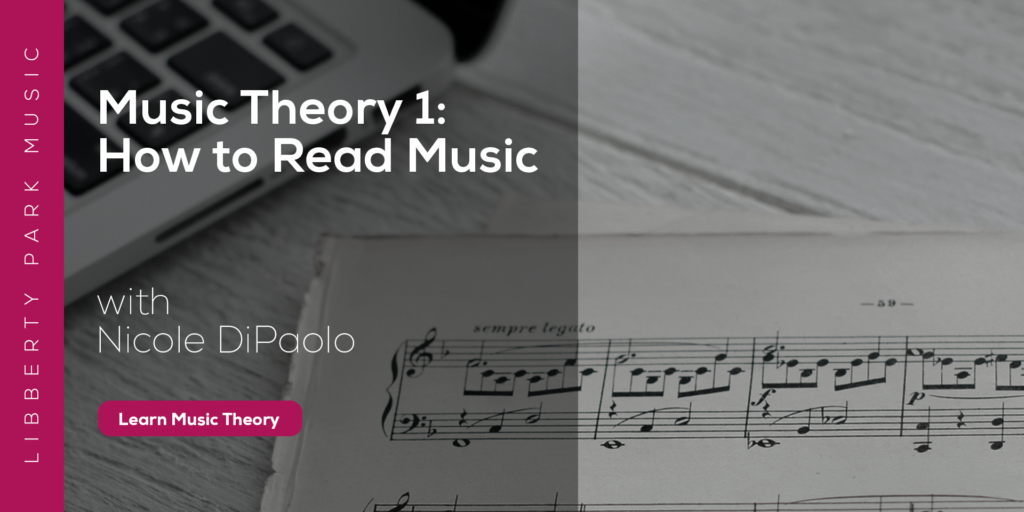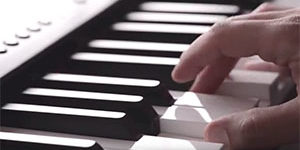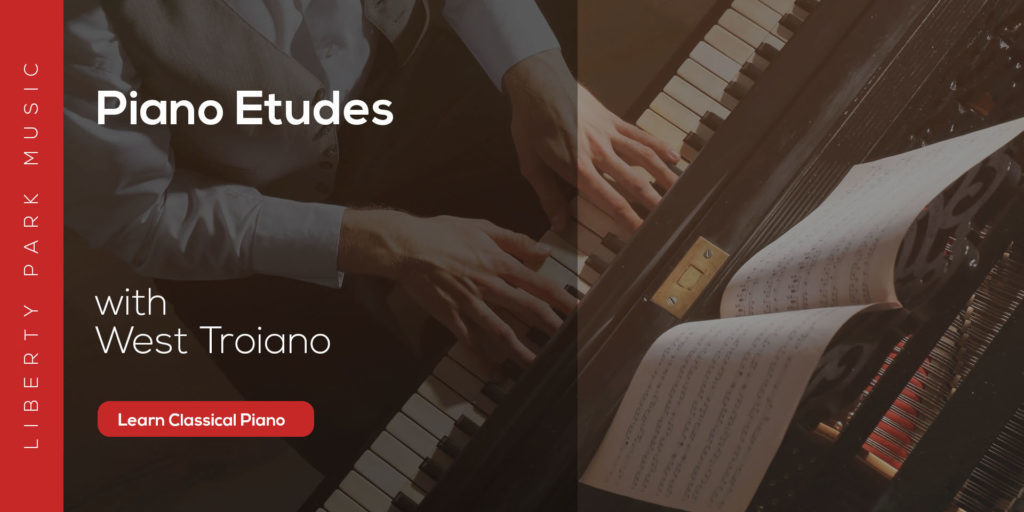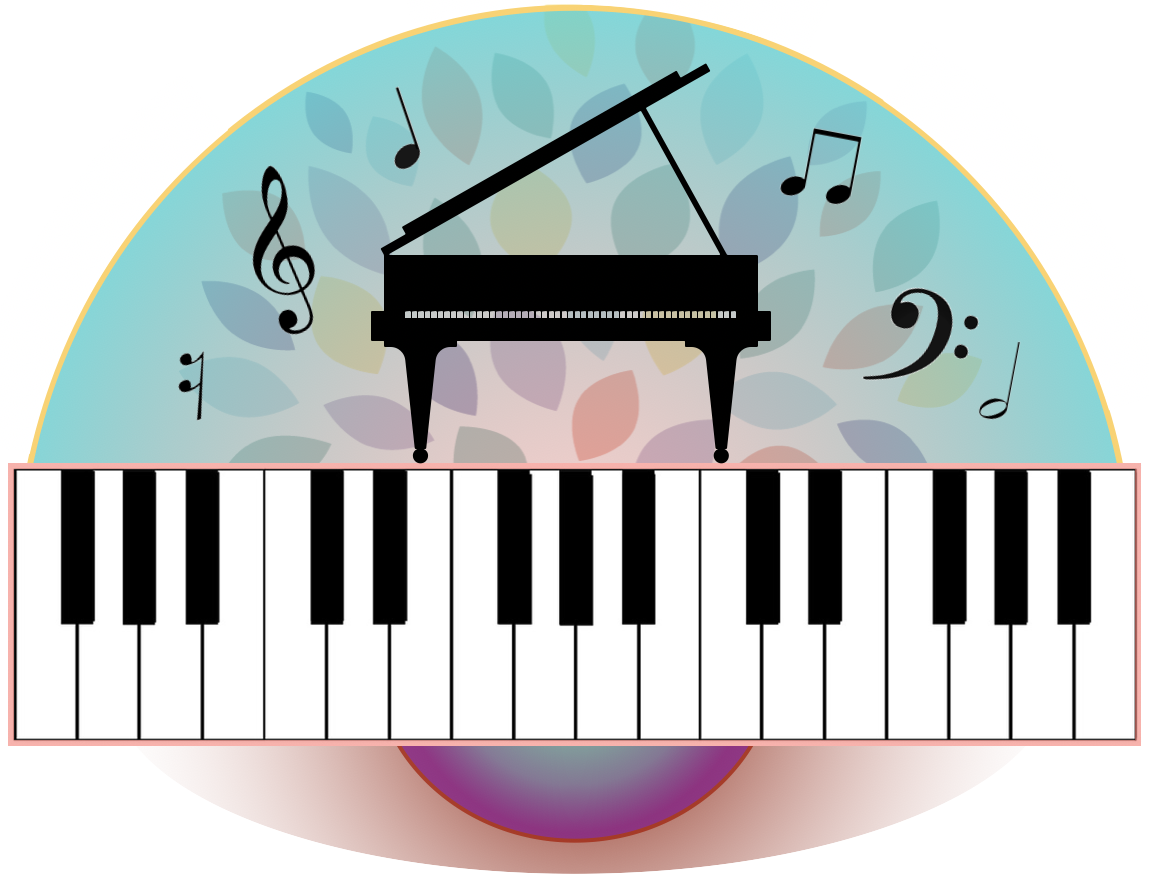
A very common backstory I hear as a piano teacher goes something like this:
“I started taking piano lessons when I was young, stuck with it for a while and got pretty good, but ultimately had to give it up as life started getting busier. Now I’m older, and have a little more time, but I don’t really know how I should get back to practicing…”
In a way, coming back to piano practice after a long hiatus can be harder than when you first started. Especially if you started young, the goal would have been simply to learn as much as you could, mastering the basics and advancing your skills to achieve an intermediate, early advanced, or even advanced level of competence.
But there is often more to think about when returning to the piano after a long break: How good was I when I stopped? How good am I now? How much can I devote to practicing? Do I even want to study the same kind of music?...
In this article we’ll cover some of these key points to help you confidently restart your piano practicing journey.
Evaluate Your Goals
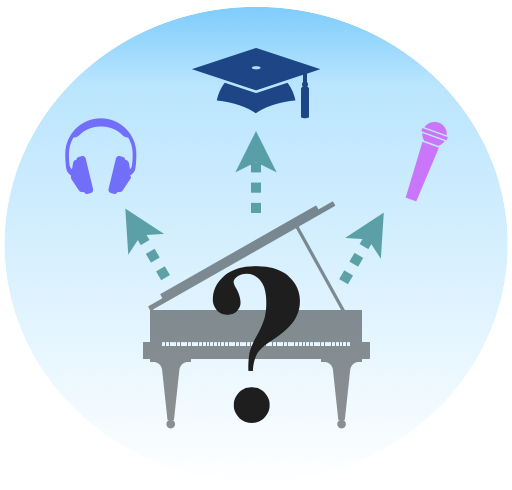
The first thing you should do when getting back into regular practice is to evaluate your goals.
The following questions will help you ascertain what you want out of having piano playing as a part of your life:
- Why do I want to play again?
- Do you want to perform publicly? Or just privately for friends and family? Do you have a passion for specific music and really want to be able to play it? Do you want to play simply for personal relaxation and fulfillment?
- What kind of piano do I want to learn?
- Do you have any goal pieces (e.g., famous pieces you’d like to play)? Do you really want to play in a particular style? Do you want to be able to improvise?
- How fast do I want to learn?
- Do you want to get as good as you can, as fast as you can? Or are you happy moving at a slower pace?
In addition to asking and answering these questions, you’ll need to recommit yourself to following good practice habits and strategies. Doing so will help you avoid the potentially crippling discouragement of not improving, which, at its worst, could cause you to stop playing again.
Need a refresher on good practicing habits and strategies? Check out our article on the subject: 6 Excellent Practicing Strategies Commonly Missed by Pianists
Evaluate Your Time
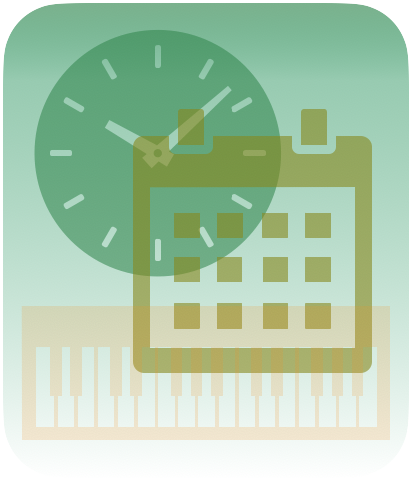
Time is precious, they say, and while part of what may have inspired you to return to the piano is that you have more of it, you’ll still want to evaluate your time, and determine how much of it you’re able to devote to practicing.
The key thing to remember is that improvement requires consistency. Whether you’re able to afford hours a day, or only 20-30 minutes every few days, the most important thing is that you try to maintain a regular, consistent practice regimen.
A key tip and trick for this is to schedule your practice sessions. Even with more time on your hands, it can be easy to fall prey to life’s changes and inconsistencies. Try to identify times throughout your week during which you know you’ll face a minimal threat of interruption, and schedule your practice times during those periods. As a general rule, 30 minutes per practice session, 4 -days a week, is a good minimum for making progress.
For more on setting yourself up with a practice schedule, check out this article: How to Choose a Weekly Practice Plan.
Find a Way to Learn
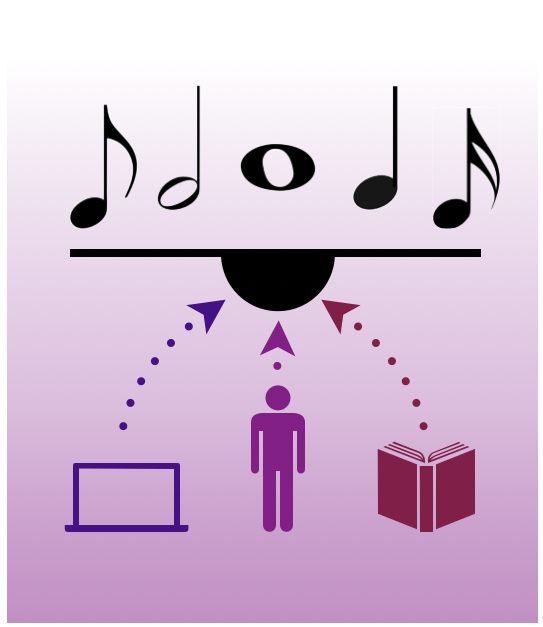
How did you learn when you first started playing? Did you take piano lessons with a private teacher? Did you learn in a class setting? Were you self-taught?
Chances are you’ll be entering into a completely new world with regards to learning methods. Between YouTube tutorials and celebrity-led courses, apps and online subscription services (like Liberty Park Music), there is a wealth of less traditional, digital-based options out there for you to use to learn. This is good in the sense that you have lots of paths to choose from, but it can easily become overwhelming, so figuring out which learning method works best for you is key.
In general (but not always), structured learning beats out freeform learning. Wading through the vast sea of YouTube tutorials might work for you if you’re trying to work on something specific, but if you’re going for a more comprehensive improvement, you’re better off choosing something with a more structured educational trajectory, such as an online course (like Liberty Park Music!).
Naturally, outside of the convenience of being able to work from your own space and on your own time (as with digital options), the best way to learn is probably through finding a good teacher. This can be more expensive, and can require some specific time commitments, and so might not work for everybody, but few things will be more effective at helping you to improve than having an expert to guide you along.
Think Big, Practice Small
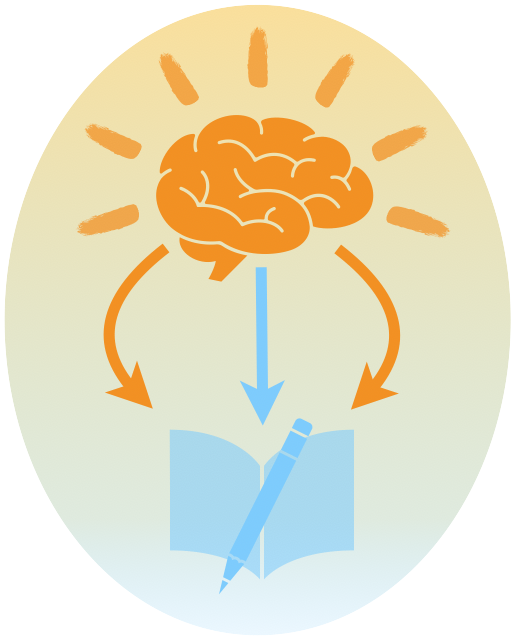
Once you start practicing, you’ll want to keep one general philosophy in mind: think big, practice small.
It can be easy to lose yourself in the urge to bite off more than you can effectively chew. You need to keep your bigger goals in mind for the sake of your motivation and passion, but when it comes to the act of practicing, less is almost always more.
Instead of learning three pieces a week to a mediocre quality, learn only one to a higher quality. Instead of going into each practice session by starting at the first note of a piece and slogging through to the last, choose smaller sections to work on and get them to a good degree of quality before combining them with others that have been similarly well-practiced. This method is one of the big practicing secrets employed by experienced musicians, and it can be applied to many aspects of practicing.
Practice Beyond the Keyboard
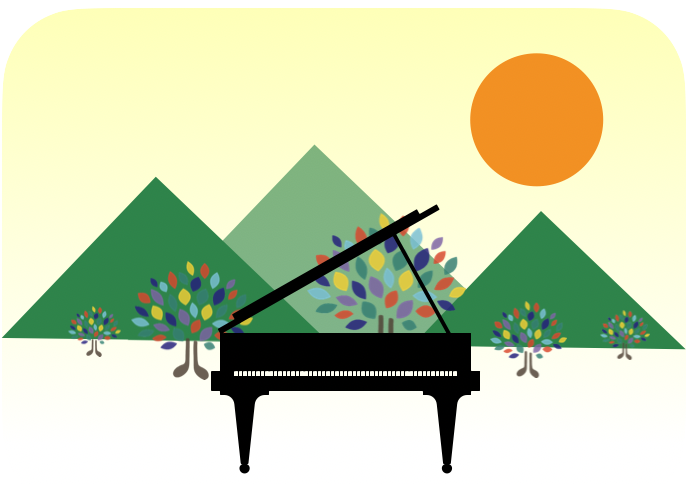
One faux-pas I encounter with a lot of students is that they limit their piano learning to the times they’re sitting at the keyboard. There are many aspects of learning piano, and much of what you can contribute to your understanding is actually best acquired away from the instrument.
By far the most important overlooked element of this kind of learning is listening. You should regularly be listening to the kind of music you want to learn. In fact, you should be listening to lots of kinds of music (directly related or not to what you’re practicing), but you should certainly have the sounds of your chosen style(s) in your ear consistently. Even if you don’t have the time or patience for dedicated listening, there are likely many periods throughout your day that could be accompanied by music: cooking meals, doing chores, walking, driving, exercising, etc. How are you supposed to know what the music you want to learn sounds like if you don’t listen to it? Listening is essential for absorbing the character of a style, its performance practices, and the different methods of different performers.
In addition to listening, the following pursuits can greatly enhance your piano practice:
- Going to performances
- Learning Music Theory
- Reading Musical Biographies or Histories
- Watching related video tutorials
- Talking to other musicians (!)
The last point is perhaps one of the most obvious, but also often one of the most overlooked. If you can find people who share your musical aspirations, you’ll have a wealth of support to call upon for almost anything you might need!
Don't Forget to Enjoy!
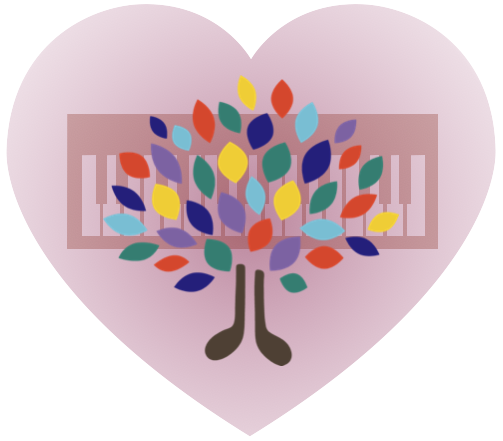
Learning to play music is, at its heart, a kind of work.
However, along with that work comes the potential for joy and achievement the likes of which are offered by few other endeavors. The occasional feeling of burn-out is ok, but if you find yourself going for long periods without feeling happy about practicing, it’s time to step back and re-orient. Chances are, the only driving force behind your work and progress is you, so if you’re not happy with what you’re doing, what’s the point?
Above all else, don’t forget to enjoy!
Thanks for checking out this article from Liberty Park Music! If you liked what you saw here, you can find more in our blog at libertyparkmusic.com. We also have a YouTube page! And if you're really ready to take your music training to the next level you can subscribe to our site and gain access to a full spectrum of piano, guitar, drum, and music theory lessons.
Improve your piano playing with our newsletter
Useful guides and tips for pianists, all delivered straight to your inbox!
About the Author: West Troiano
West has over 10 years of teaching experience in settings that vary from private studios to college classrooms. In addition to teaching through traditional forms of piano pedagogy, West frequently produces music and teaching materials that cater to the needs of his students. Check out West's course on Piano Etudes for both beginners and intermediate pianists.


